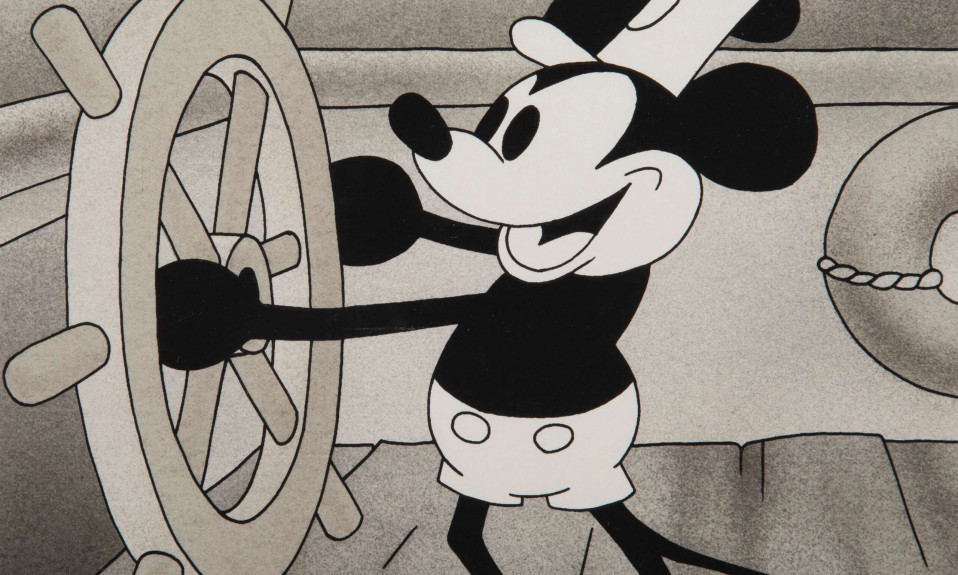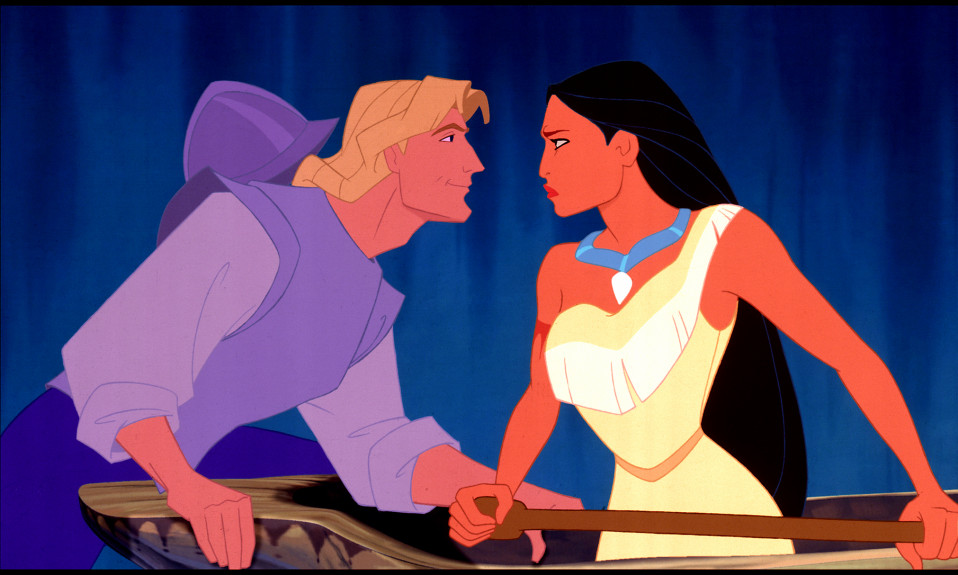As the clock struck midnight on the last night of December, while you popped champagne and made your resolutions, twenty years’ worth of American media entered the public domain. As of 1st January 2024, all films and books released in 1928 in the United States of America have entered the public domain. This includes a whole wealth of classics, but of course, everyone is talking about Steamboat Willie and its famous main character—Mickey Mouse.
So, why all the drama over a mouse? It’s best to start with the real meat of the matter; copyright.
Copyright and Public Domain
Copyright is a legal protection for original works of authorship expressed in a tangible medium. Tangible media include books, films, plays, music scores, photographs, the list goes on. The purpose of copyright is exclusivity; the author has exclusive rights to claim work as their own and profit from it, unless they choose to forfeit that right or license it to someone else.
Works that have no copyright are considered to be in the public domain. In simple words, they belong to the public and are free for all to use. Once a copyright expires the work enters public domain, because no copyright lasts forever. However, a lot of corporations fought tooth and nail to make it last as long as possible.
The Copyright Fight Behind Steamboat Willie
Steamboat Willie is a seven-minute cartoon that changed the course of film history. One of the first-ever appearances of the beloved character Mickey Mouse, it gained huge popularity upon its release in 1928. Walt Disney’s synchronization of sound with movement was a huge innovation at the time. This little black-and-white film kicked off the Disney empire. Since Steamboat Willie is the basis for the legal rights over the first version of Mickey Mouse, a character that has made Disney an infinite amount of money, its release into the public domain didn’t happen without a fight.
Due to heavy lobbying of corporations (Disney being one of the loudest) the legal lifespan of a corporate-owned copyright has been amended several times. Most recently, the Copyright Term Extension Act of 1998 (nicknamed the Mickey Mouse Protection Act) extended copyright terms for works of authorship in the United States from 75 to 95 years after publication.
That being said, not every version of Mickey Mouse is free to use—only the version made in 1928. The Mickey and Minnie you know from Fantasia or Mickey Mouse Club House are still off-limits. And there are still countless trademarks associated with the brand, so don’t go starting a Mickey-themed business just yet. Regardless, be prepared for a lot of Mickey-inspired remakes this year. And while Disney was reluctant to let Mickey go, this development is a win for the public domain.
Why We Need Public Domain
The main purpose of the public domain is the preservation of culture and the promotion of creative freedom. Countless films have been lost to the passage of time because copyright prevented historians from reproducing copies for preservation. This domain keeps both factual history and the emotional relevance of fiction intact. Think about your favourite childhood movie. Cinderella? A Little Mermaid? One of the dozen iterations of Sherlock Holmes? Hell, even Frozen? All are based on works in the public domain.
Even Steamboat Willie drew inspiration from the 1928 Keaton film Steamboat Bill, Jr, which was in turn inspired by a 1911 recording of Steamboat Bill, a song released in 1910. Nothing is new under the sun. Copyright and public domain circle each other a delicate balance; every author should have the right to their work, but art, as a whole, eventually reverts its ownership to humanity.
Also Read: 7 Interesting Patents Owned By Disney












